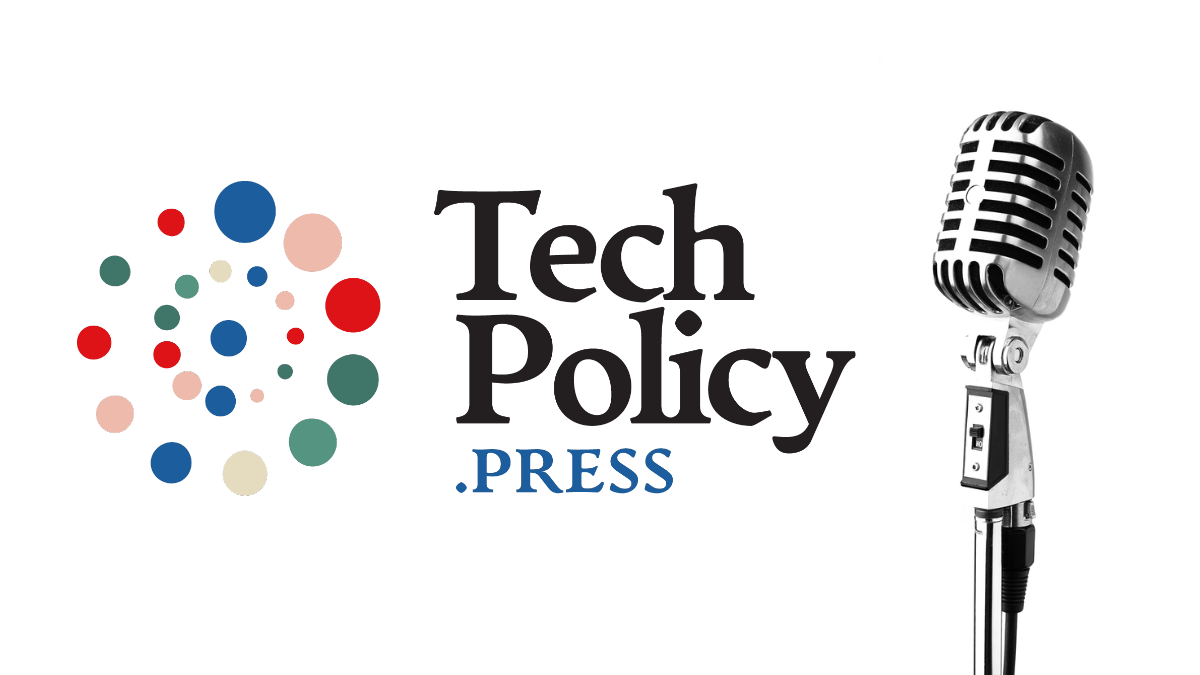Last week, a federal judge approved a motion to dismiss and strike the lawsuit brought by X Corp, formerly known as Twitter, against the Center for Countering Digital Hate (CCDH). This victory for CCDH has sparked a conversation about the legal, social, and practical impact of this decision. I had the opportunity to speak with Alex Abdo from the Knight First Amendment Institute, Imran Ahmed from CCDH, and Roberta Kaplan from Kaplan, Hecker, and Fink to gain a deeper understanding of this case and its implications for online speech and advocacy efforts.
Alex Abdo provided insights into the legal significance of the judge’s ruling. He explained that while X Corp argued that CCDH’s activities constituted harassment under Section 230 of the Communications Decency Act, the court disagreed. The ruling was significant because it upheld CCDH’s right to monitor and report online harassment without fear of legal repercussions.
Imran Ahmed shared his perspective on the impact of this lawsuit on their work countering digital hate. He emphasized that this victory was not only a win for CCDH but also for all organizations working to combat online hate. It sends a message that these efforts are legitimate and should be protected rather than silenced through lawsuits.
Roberta Kaplan discussed the arguments made on behalf of CCDH and the implications of the dismissal of this lawsuit. She highlighted how this ruling will help protect free speech by ensuring that individuals can speak out against harmful behavior without fear of retaliation from large corporations like Twitter.
The conversation shed light on how important it is to defend free speech and protect organizations like CCDH that work to address digital hate. By upholding their right to operate freely in this space, we can foster a more open and inclusive online environment where everyone feels safe to express themselves without fear of harassment or censorship.
Overall, Alex Abdo’s insights into legal significance, Imran Ahmed’s perspective on impact on their work countering digital hate and Roberta Kaplan’s discussion about arguments made on behalf of CCDH provide a comprehensive understanding of this case and its broader implications for online speech and advocacy efforts.


:quality(75)/cloudfront-us-east-1.images.arcpublishing.com/elcomercio/SYFZQ7BIFVGNPO7HTYKQEDIW5E.jpg)